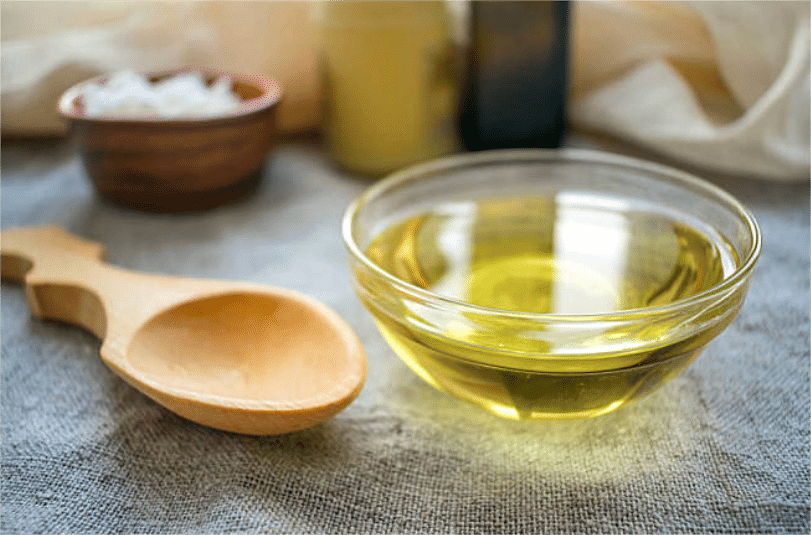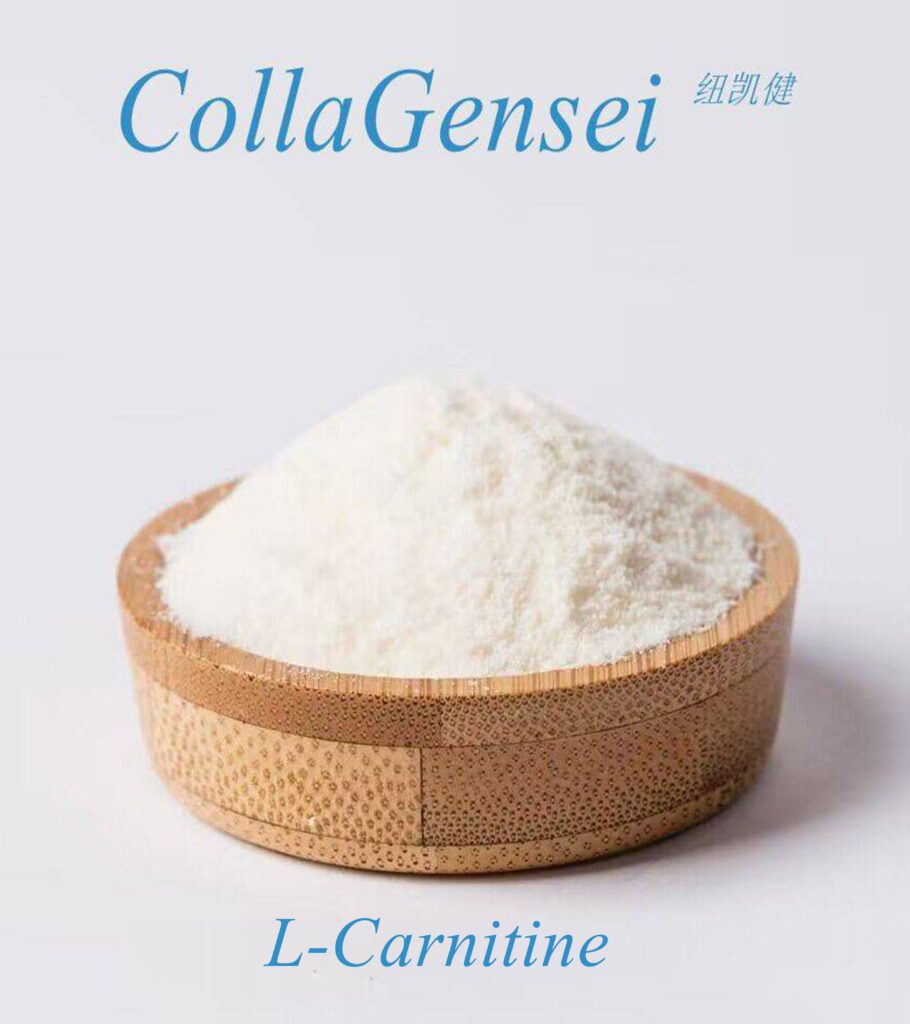In dietary supplements and functional foods, chondroitin and gelatin often come up in discussions about joint health and overall wellness. While they may seem similar, these substances serve different purposes, come from various sources, and have unique properties that can impact their effectiveness. This article will delve into the origins, health benefits, and uses of chondroitin and gelatin, ultimately helping you determine which may be more beneficial for your needs.
Origins and Composition
Chondroitin sulfate is a complex carbohydrate (glycosaminoglycan) found naturally in the connective tissues of animals, particularly in cartilage. It is commonly derived from bovine or shark cartilage for supplementation purposes. Chondroitin is critical in maintaining cartilage structure and elasticity and is often included in joint health supplements.
Gelatin
Gelatin, on the other hand, is a protein obtained by boiling animal skin, tendons, ligaments, and bones. It is composed mainly of collagen, the most abundant protein in the body, which is vital for the structure and integrity of connective tissues. Gelatin is used in various culinary applications, such as jellies, desserts, and capsules for dietary supplements.
Health Benefits
Chondroitin
- Joint Health: Chondroitin is primarily marketed for its ability to support joint health and alleviate symptoms of osteoarthritis. Studies suggest that it may help reduce joint pain, improve mobility, and slow the progression of osteoarthritis when taken regularly over time.
- Anti-Inflammatory Properties: Chondroitin has been shown to possess anti-inflammatory effects, which can further contribute to its role in managing arthritis symptoms. By reducing inflammation in the joints, it may provide relief from discomfort associated with movement.
- Cartilage Preservation: As a structural component of cartilage, chondroitin supplementation may help protect existing cartilage from degradation, which is particularly beneficial for individuals with osteoarthritis.
- Joint and Bone Health: Like chondroitin, gelatin is also touted for its potential benefits in supporting joint health. Some studies suggest that gelatin supplementation can improve joint function and reduce pain, particularly in athletes and individuals with joint issues.
- Skin Health: Gelatin is rich in collagen, vital for skin elasticity and hydration. Some research indicates that consuming gelatin may improve skin appearance, reduce wrinkles, and promote overall health.
- Digestive Health: Gelatin can also benefit gut health by supporting the integrity of the gut lining. It may help heal leaky gut syndrome, which allows toxins to pass through the intestinal barrier into the bloodstream.
- Hair and Nail Strength: The amino acids in gelatin, such as proline and glycine, are believed to strengthen hair and nails, promoting growth and reducing brittleness.
Mechanisms of Action
Chondroitin exerts its effects mainly by attracting water into the cartilage, helping to keep it hydrated and healthy. This hydration is essential for the resilience and flexibility of cartilage. Additionally, chondroitin sulfate can inhibit enzymes that break down cartilage, thereby helping to preserve its structure and function.
Gelatin
Gelatin works differently. When ingested, it is broken down into amino acids, which the body uses to rebuild collagen. This process can stimulate collagen synthesis in joints, tendons, and skin. The glycine and proline in gelatin are particularly beneficial for collagen formation, contributing to improved joint function and skin health.
Forms and Dosage
Chondroitin
Chondroitin is typically available in capsule, tablet, or powder form. Standard dosages range from 800 mg to 1,200 mg per day. It is often combined with other supplements, such as glucosamine, to enhance its effects on joint health. Because chondroitin is derived from animal cartilage, those allergic to shellfish should exercise caution, especially if the source is shark cartilage.
Gelatin
Gelatin can be found in powdered form, sheets, or as capsules. It is often used in cooking and can be easily incorporated into diets through homemade jellies or smoothies. For supplementation, a typical dosage ranges from 10 to 15 grams per day. It’s generally considered safe for most people, although individuals with specific dietary restrictions may prefer to choose a plant-based alternative known as agar-agar.
Potential Side Effects and Considerations
Chondroitin
Chondroitin is generally well-tolerated, but some individuals may experience side effects such as stomach upset, nausea, or diarrhea. There are also concerns about its anticoagulant effects, particularly for individuals taking blood-thinning medications. As with any supplement, it is advisable to consult a healthcare provider before starting chondroitin, especially for those with pre-existing conditions.
Gelatin
Gelatin is also regarded as safe for most individuals, but some may experience digestive discomfort, such as bloating or gas. Additionally, since it is animal-derived, those following a vegetarian or vegan lifestyle may want to avoid gelatin. It’s essential to ensure the source of gelatin is reputable, as the quality can vary.
Conclusion: Choosing Between Chondroitin and Gelatin
Both chondroitin and gelatin offer unique benefits for joint health and overall wellness. If your primary concern is managing joint pain or osteoarthritis, chondroitin may be the more targeted option due to its specific action on cartilage. On the other hand, if you’re interested in broader benefits, including skin health and digestive support, gelatin might be the better choice.
Ultimately, choosing between chondroitin and gelatin depends on your health goals, dietary preferences, and any underlying health conditions. Consulting with a healthcare professional can help tailor your choice to your needs, ensuring you get the most out of these valuable supplements.



